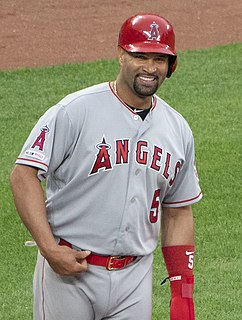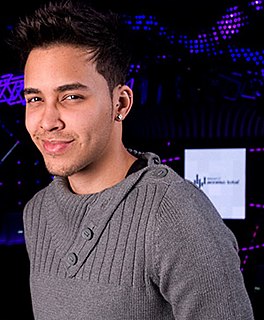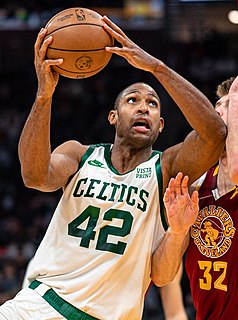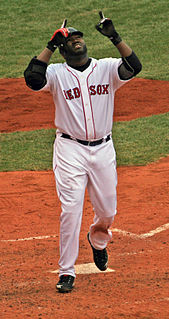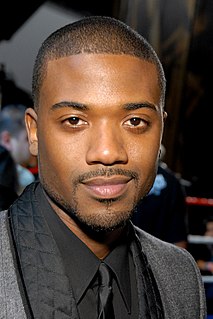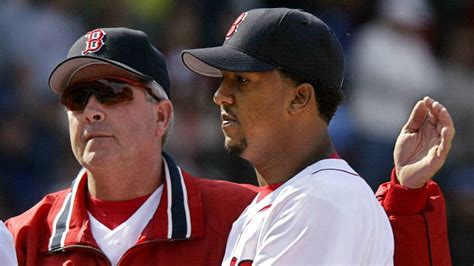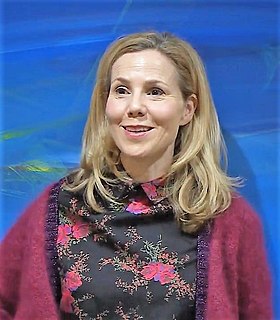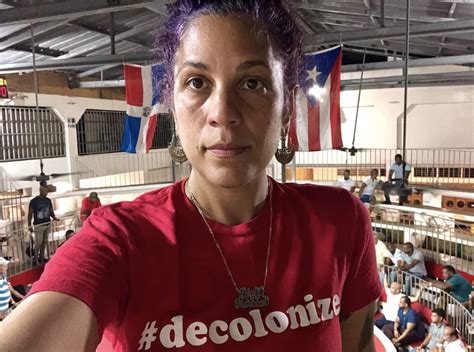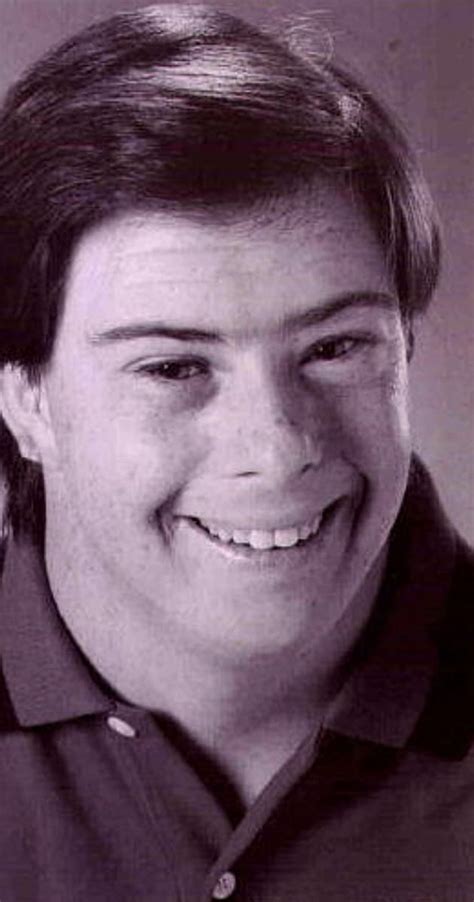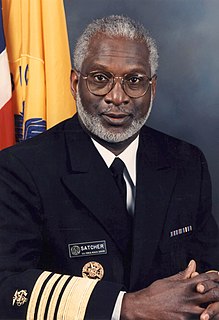A Quote by Albert Pujols
I believe it is my responsibility to do what I can for children and people with Down syndrome as well as in my native Dominican Republic.
Related Quotes
We still have our people working in the cane fields in the Dominican Republic. People are still repatriated all the time from the Dominican Republic to Haiti. Some tell of being taken off buses because they looked Haitian, and their families have been in the Dominican Republic for generations. Haitian children born in the Dominican Republic still can't go to school and are forced to work in the sugarcane fields.
The DOCF all started when I made a trip to a local hospital in the Dominican Republic. I was visiting children who had received life-saving heart care operations. I couldn't help but think that in another life, one of these kids could be my own son. If it wasn't for baseball, I may have remained in the Dominican Republic and who knows where life would have taken me. It was then that I knew that I had to use the gift that I received, to play baseball, to do whatever I could to give back.
The whole history between Haiti and the Dominican Republic is complicated. We share the island of Hispaniola, and Haiti occupied the Dominican Republic for twenty-two years after 1804 for fear that the French and Spanish would come back and reinstitute slavery. So we have this unique situation of being two independent nations on the same island, but with each community having its own grievance.
What we did in the 1960s and early 1970s was raise the consciousness of white America that this government has a responsibility to Indian people. That there are treaties; that textbooks in every school in America have a responsibility to tell the truth. An awareness reached across America that if Native American people had to resort to arms at Wounded Knee, there must really be something wrong. And Americans realized that native people are still here, that they have a moral standing, a legal standing. From that, our own people began to sense the pride.
Many people believe that dealing with overweight and obesity is a personal responsibility. To some degree they are right, but it is also a community responsibility. When there are no safe, accessible places for children to play or adults to walk, jog, or ride a bike, that is a community responsibility.
